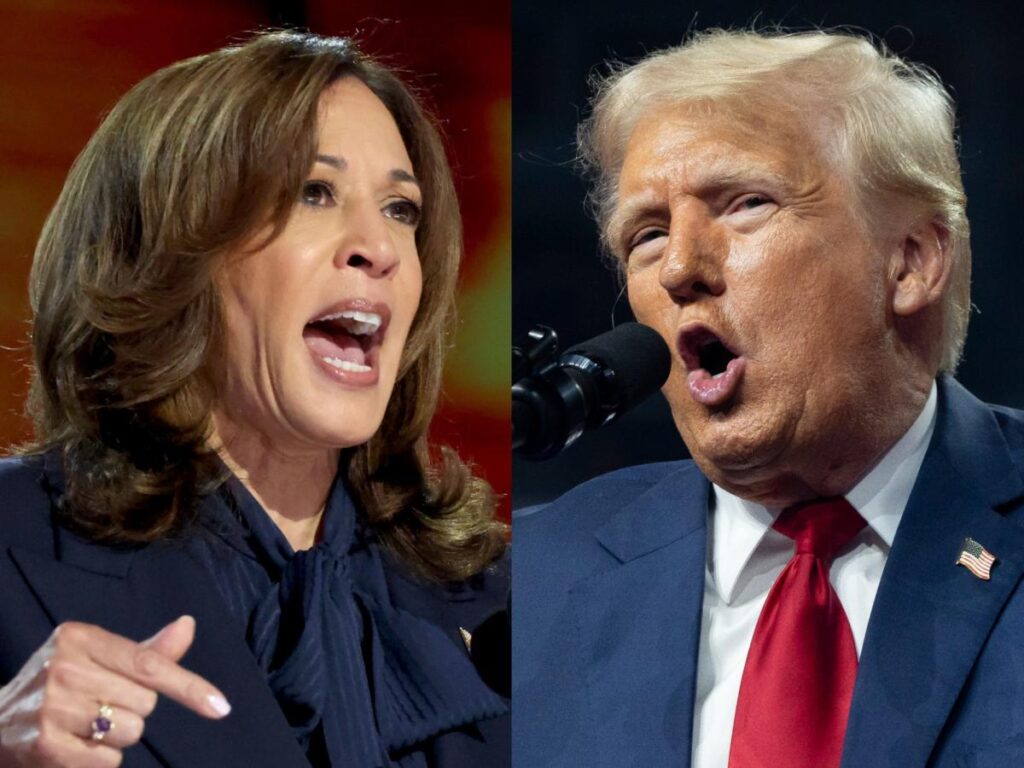A recent Des Moines Register/Mediacom poll has revealed a surprising shift in the political landscape of Iowa, showing Vice President Kamala Harris leading former President Donald Trump by three points. This development is notable considering Trump’s previous stronghold on the state, securing decisive victories in both the 2016 and 2020 presidential elections. The poll, conducted by Selzer & Co., surveyed 808 likely voters between October 28 and 31 and carries a margin of error of 3.4 points, highlighting the possible volatility in voter sentiment as the current election approaches.
Following the release of the poll results, betting odds on platforms such as Kalshi and Robinhood reacted significantly. Harris’s odds of winning the upcoming election surged from 35% on October 29 to 51% shortly after the polling data was published, suggesting a dramatic shift in market perception about her electoral viability. Additionally, her odds of winning the popular vote increased considerably on Kalshi, rising from approximately 61% to 77%. This suggests that not only do bettors see her as a stronger candidate in Iowa, but they also foresee her performing well on a national scale.
In contrast to the prior dynamics of the race, Trump’s odds have also been impacted. On Robinhood, for instance, his chance of winning had been projected at 66% just days earlier but narrowed down to 51%, paralleling Harris’s rise in odds. This tightening of betting markets indicates a growing uncertainty around the default expectations of Trump’s electoral success. Such fluctuations reflect a heightened interest in the presidential race and suggest that even the most seasoned political analysts are reconsidering their predictions in light of current data.
The Iowa poll results signal a significant shift from previous months, as just a few weeks back, the same poll had indicated a four-point lead for Trump over Harris. This rapid change in voter sentiment can be indicative of shifting priorities and concerns among the electorate as they prepare for the upcoming election. Several factors, including campaign strategies, national issues, and Harris’s performance, may have contributed to this evolving political landscape.
The betting markets surrounding the upcoming presidential election have been quite active lately, with Kalshi pulling in over $100 million in bets related to the election in October alone. Polymarket, another prediction market platform that is currently not accessible to U.S. citizens, reported a staggering volume exceeding $2 billion in betting activity over the same period. The eagerness of bettors reflects a growing interest in the election, with many attempting to gauge the candidates’ momentum leading into crucial voting periods.
These developments, particularly the Iowa poll, underscore the fluidity of political fortunes as the election draws near. The shifting odds and polling results suggest openings for both candidates to adjust their strategies as they head into the final days of campaigning. Harris’s unexpected lead in a traditionally Republican-leaning state and the tightening betting markets may set the stage for an unpredictable election outcome, highlighting the complexities and nuances of American electoral politics as the nation approaches a pivotal decision.

